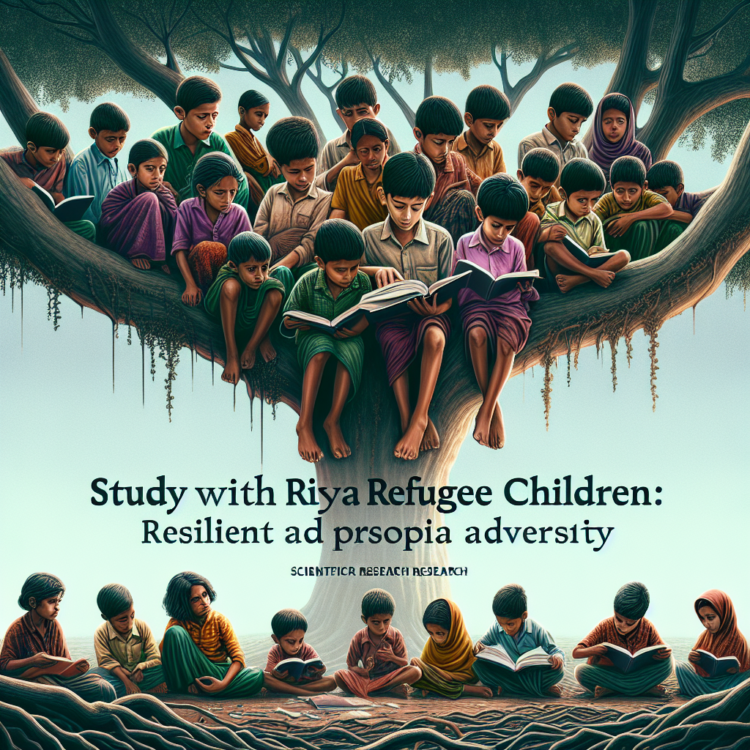Together with researchers from a number of countries, they explored ways of fostering the positive potential for prosociality in these children. They used an intervention programme to promote prosociality and cooperation in Rohingya refugee children living in a mega-camp in Cox’s Bazar, Bangladesh. They have just published their findings in the latest Monographs of the Society for Research in Child Development.
Together with researchers from a number of countries, they explored ways of fostering the positive potential for prosociality in these children. They used an intervention programme to promote prosociality and cooperation in Rohingya refugee children living in a mega-camp in Cox’s Bazar, Bangladesh. They have just published their findings in the latest Monographs of the Society for Research in Child Development.
“Our research shows that children’s prosocial behaviour and well-being increased overall after the intervention, with some benefits being even greater for children who had been severely traumatised,” says co-author of the study Tyler Colasante from Leipzig University, who was involved in the research project together with HumanKind director Professor Tina Malti. HumanKind and the project team examined the resilience of human prosociality in the face of extreme adversity. Their aim was to sensitively promote the potential of girls and boys to develop positively in the context of conflicts, forced migration and displacement.
The intervention study was conducted in three phases between November 2021 and January 2022 with children aged between five and twelve years. In the preintervention phase, the children’s prosocial behaviour and associated cognitive and emotional development processes were recorded. The intervention phase involved a daily small group intervention lasting three hours. Pairs of children were observed in a variety of play-based activities, such as cooperation (for example building with LEGO), emotional perspective-taking (for example listening to stories and judging how the characters felt in situations with happy and unhappy outcomes), and cognitive skills training. In the postintervention phase, these prosocial behaviours and cognitive and emotional processes were recorded again in order to investigate whether the intervention had led to an increase in prosociality and cooperation.
Most of the data showed an improvement in the children’s prosocial behaviour after the ten-day intervention, although there were some differences depending on the relative trauma experienced. This was determined by the children’s place of birth: in Myanmar with high levels of direct trauma from violent conflict, forced migration and refugee camp life, or in the camp with lower levels of direct trauma from refugee camp life. Compared to the camp-born children, the Myanmar-born children showed greater sensitivity to the emotional aspects of situations depicting adversity and were less inclined to offer behavioural solutions. These children also showed higher levels of generosity in tasks that required sharing and were more likely to take over for their partner when helpfulness was measured. When helpfulness was measured, camp-born children were more likely to show their partner how to complete the task.
The collaborative research project, led by Dr Tara Callaghan of St. Francis Xavier University in Canada, involved members of the Rohingya community, interdisciplinary researchers and representatives of global refugee rights organisations.
The Rohingya are a Muslim minority in Buddhist-majority Myanmar. After years of persecution, more than 750,000 Rohingya fled Myanmar in August 2017, most of them to Bangladesh.
Journal
Monographs of the Society for Research in Child Development
Method of Research
Observational study
Subject of Research
People
Article Title
Fostering Prosociality in Refugee Children: An Intervention With Rohingya Children (2024)
Article Publication Date
16-Aug-2024




